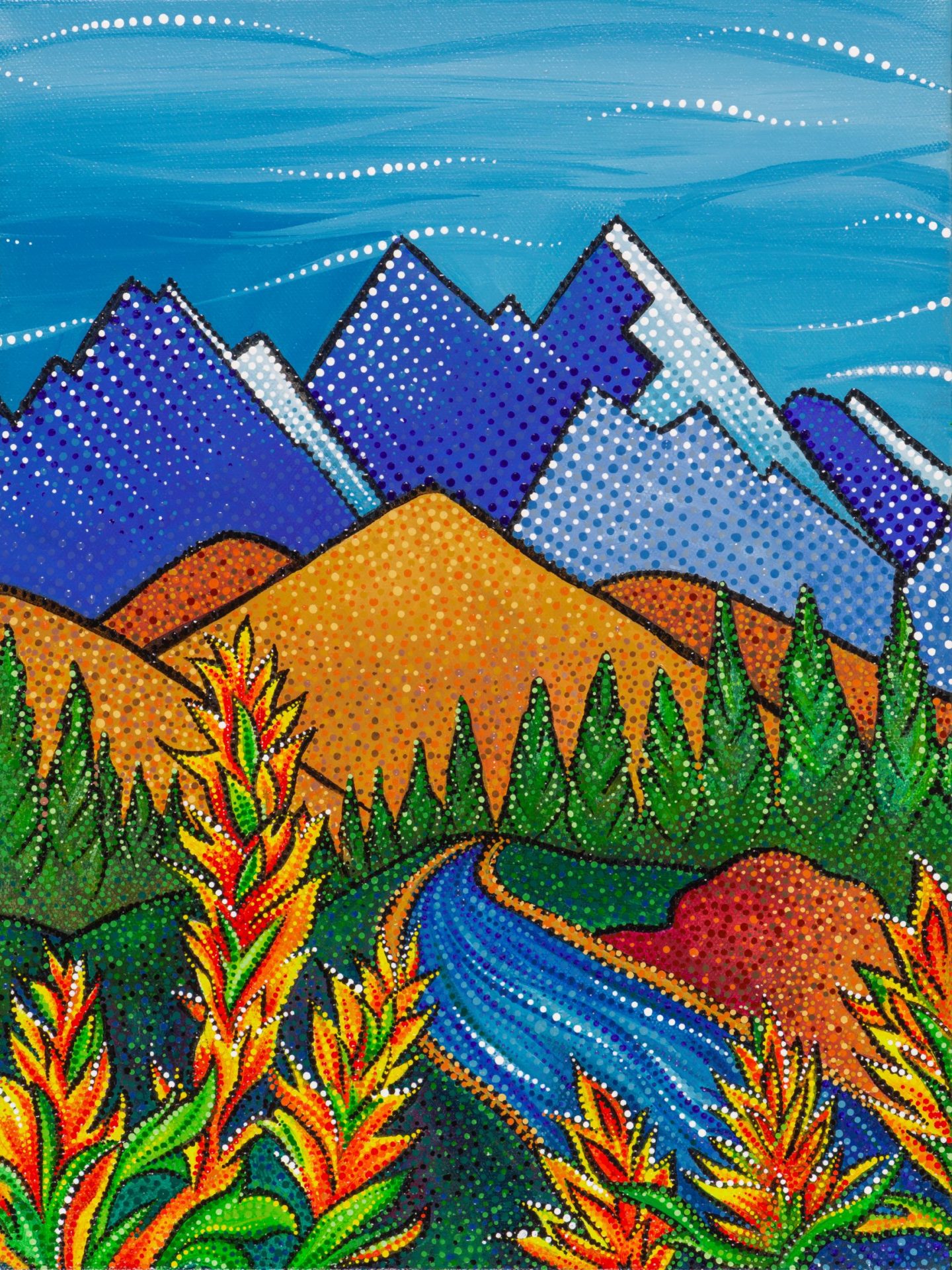- About Us
- Executive Leadership Team
- Board & Committees
- Key Initiatives
- 2024 Articling Survey
- Equity, Diversity and Inclusion Initiatives
- Indigenous Initiatives
- Innovation Sandbox
- Annual & Financial Reports
- Strategic Plan
- Affiliations
- Awards & Scholarships
- Contact Us
- Upcoming Events
- Media Room
- eBulletins
- Latest from the Law Society
- Home
- Who We Are
- Key Initiatives
- Indigenous Initiatives
- Indigenous Land Acknowledgements

The Law Society of Alberta acknowledges that our office is located on the traditional and ancestral territories of the peoples of the Treaty 7 Region and Métis Nation of Alberta, Battle River Territory. However, we serve the entire province of Alberta, which also includes the ancestral territories of the peoples of the Treaty 6 and 8 Regions, and the North Saskatchewan River, Peace River, Lower Athabasca River and Lesser Slave Lake Territories of the Métis Nation of Alberta.
Land acknowledgements are traditional protocol used to give thanks and to pay respect to the peoples and the land for which you are a visitor upon. As we continue on the path of reconciliation, Law Society events are opened with a land acknowledgment. Lawyers may choose to use land acknowledgments for their own events, to demonstrate that they are actively thinking about what happened in the past and creating a space for Indigenous reconciliation to happen in the present and for the future.
The Law Society has created a Land Acknowledgment Guide to better understand land acknowledgements and provide guidance in creating a meaningful acknowledgment. The guide also provides sample acknowledgments for various territories in Alberta and additional resources to help you create a meaningful acknowledgment depending on the territory you work or live in.
“Spanning generations, acknowledgement of the land is a traditional custom of Indigenous peoples when welcoming outsiders onto their land and into their homes. To build respectful relationships, acknowledging the land is an important part of reconciliation. It honours the authentic history of North America, its original people and tells the story of the creation of this country that has historically been missing.” – The Calgary Foundation
